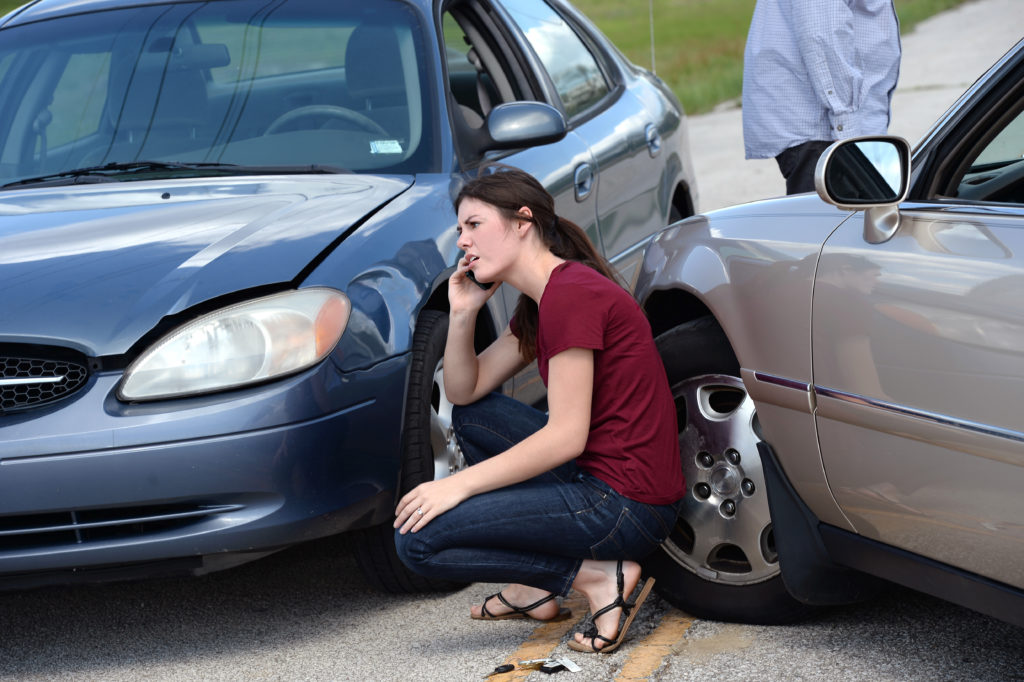
The short answer is the person who is responsible for a crash generally pays for medical bills related to the incident. However, the at-fault driver will pay for the medical bills usually as part of a lump-sum payment that is included in the entire settlement or verdict amount. In other words, a victim of a car crash is responsible for making sure his or her bills are paid or that the doctors, hospitals, or clinics providing treatment for their injuries resulting from the crash are willing to wait until their legal case is resolved to get paid.
What If I Don’t Have Health Insurance?
Most auto insurance policies include medical payment coverage for medical bills incurred as a result of a car crash, but the limits are usually low, and it may only cover a relatively small amount of bills. Once that coverage is exhausted, you can request that a doctor or treatment facility place a lien on an outstanding bill. This means that the doctor or medical office agrees to wait to get paid until the legal matter is concluded and funds are recovered from the negligent driver. However, medical offices typically do not agree to provide treatment on a lien basis unless their patient is represented by an attorney.
What If The Other Side Blames Me For The Crash?
Damages in injury cases in Illinois are apportioned based on fault, unless the person filing the claim is more than 50% at fault. Put another way, if a negligent driver is 100% at fault for a crash, that person should pay 100% of the damages related to the case. If the person bringing a lawsuit is determined to be partially at fault for his or her injuries, that person will be responsible for the amount of damages proportionate to his or her percentage of fault. So, if the Plaintiff is determined to be 10% at fault, that percentage remains his or her responsibility. However, if it is determined that the Plaintiff is more than 50% at fault for his or her own injuries, that person will recover nothing.
Why Do I Have to Pay At All If It Wasn’t My Fault?
It seems unfair. When a negligent driver causes injuries and property damage, the victims of the crash now have to try and put their lives back together. Everyone has their routines and responsibilities – the things they have to take care of day to day. Avoidable car crashes disrupt all of that. They make you late to wherever you were headed. They injure you, sometimes irreparably. They can cause stress. Yet, very often, the financial burden of immediate aftermath of a crash falls on the victim.
You have to get your car fixed. You have to go to the doctor. You lose time and pay at work. Often, it isn’t until the legal process is completed that these damages are addressed. Also, if a negligent driver who causes a crash has insufficient, or no insurance, you have to rely on your own auto policy to cover the cost of your vehicle and your medical expenses, pain and suffering, loss of normal life, lost wages, etc.
One thing people can do to mitigate this problem is to purchase the most auto insurance coverage their budget will allow. The more coverage you have, the less risk you take when sharing the road with underinsured drivers. Illinois law requires auto policies issued in the state to include insurance that covers the policy holder and others covered by the policy if they are hurt by a driver who has no insurance or doesn’t have enough insurance. Negligent drivers should be held responsible when they cause damage, but if they don’t have enough insurance or money to pay for the damages they cause, it’s better to cover yourself to the full extent that you can.
Medical Bills Can Often Be Negotiated
If you’re hurt in a crash, medical bills can pile up in a hurry. If you have medical insurance that covers the bills initially, or you find a doctor that will treat you on a lien basis, there may be an opportunity to save on medical expenses once your case is settled by negotiating with the medical bill lien holders. There are statutes in Illinois that govern how medical bill and insurance liens are calculated in Illinois. Having the help of an experienced injury attorney to help you navigate these rules can make the process of resolving these issues much easier and more efficient than trying to figure it all out on your own.
Avoiding crashes altogether is, of course, the preferred outcome in any situation. Each person who ventures to travel anywhere, whether for work, fun, or chores, should strive to act as safely as possible. Still, we all know that we live in an imperfect world where not everyone does the right thing all the time, or even what they are supposed to do. Knowing what to expect and who to turn to if things go wrong, is a much better way to approach the hazards we all face when we venture out on to the road.